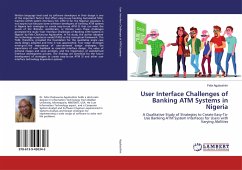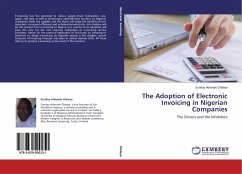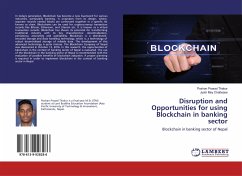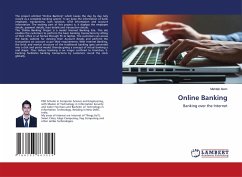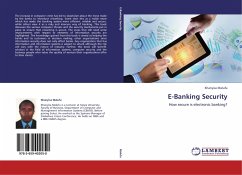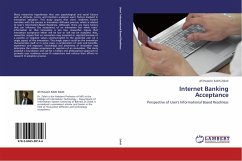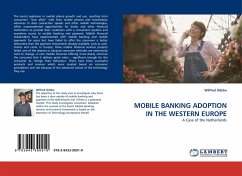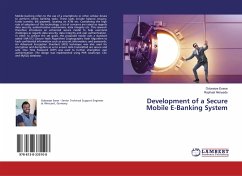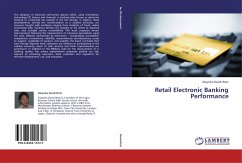
Retail Electronic Banking Performance
Versandkostenfrei!
Versandfertig in 6-10 Tagen
52,99 €
inkl. MwSt.

PAYBACK Punkte
26 °P sammeln!
The adoption of electronic self-service systems (SSTs), using information technology (IT) devices and channels, in banking (also known as electronic banking or e-banking) has evolved in the last decade. In Nigeria, these developments, driving the transformation to a cashless economy, are however fraught with problems ranging from incidents of fraud, empty automated teller machines (ATMs), the inability of the ATMs to dispense cash, and outright service unavailability. This book proposes service improvements following the measurement of consumer perceptions using the scale, EBQUAL represented b...
The adoption of electronic self-service systems (SSTs), using information technology (IT) devices and channels, in banking (also known as electronic banking or e-banking) has evolved in the last decade. In Nigeria, these developments, driving the transformation to a cashless economy, are however fraught with problems ranging from incidents of fraud, empty automated teller machines (ATMs), the inability of the ATMs to dispense cash, and outright service unavailability. This book proposes service improvements following the measurement of consumer perceptions using the scale, EBQUAL represented by dimensions - acceptability, accessibility, competence, convenience, reliability, responsiveness, security/privacy, access to support, availability of support, and usability. The book concludes that even though Nigerian bank customers are desirous of participating in the cashless economy, issues of cash security and bank responsiveness are paramount. In addition to the EBQUAL scale for the measurement of e-banking quality, the service improvement proposals posited are also relevant to e-banking operators, bank customers and regulators for effective development, use, and evaluation.



